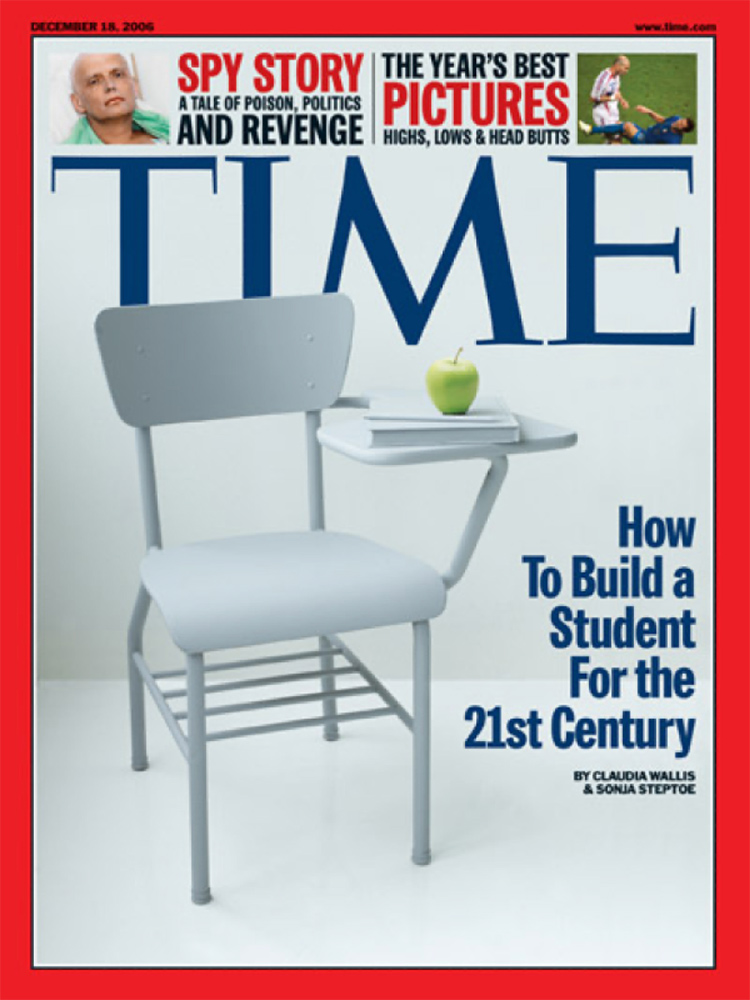IT
Is the exponential growth in accounting software destroying critical thinking by Danielle McWall

Generation Z or “Zoomers” is the common term used for twenty somethings born in the late 1990s / early 2000s. Young accounting professionals from this group are most likely to be those currently seeking employment within professional firms, so it’s useful to get an idea of where their strengths and weaknesses lie, albeit in a very generalised manner and ironically antagonising the Zoomer individualistic philosophy.
Generation Z are perceived as being familiar with the use of digital technology and social media form a very young age, and having grown up with it, they are not afraid to use it. Many of them would be skilled at coding and software utilisation.
Comparing them to the previous Generation “Y” or “Millennials,” they are considered to be technologically advanced, better multi-taskers and quicker to communicate, however being born into a recessionary period they do tend to be less optimistic, more independent and value job security, yet lacking the collaborative skills that Generation Y tend to possess.
Many companies have created and adapted their office culture to ensure that Millennials felt secure, supported and able to thrive and now they need to look at Generation Z recruitment.
Generation Z having witnessed the economic winners and losers that recessions bring, value money and security more than the previous generation and while they also want to make a difference and are socially aware, they value their paycheque more than the Millennial. Generation Z have a fear of missing out (FOMO)5 exacerbated through technological advancements and encouraged via social networking channels and video gaming. FOMO is evident in the business and financial investment market, which could lead to greater risks being taken through uninformed decisions being made quickly as a result of FOMO, but it could also lead to greater gains.
The good news is that Generation Z are resourceful and are the first generation to have data and information at their fingertips with the ability to source immediate answers to all their questions, so where is the problem? The problem is that software isn’t destroying their critical thinking skills but rather the critical thinking skills have not been fully developed in Generation Z.

Many Zoomers will not have had this kind of early years educational experience and as a result there is a skills development gap due to early years educational establishments taking some time to embrace learning for the 21st Century as advocated by the Partnership for 21st Century Skills.
Prior to the Covid-19 Pandemic, further and higher education was beginning to embrace this changed learner and adapt their learning and teaching pedagogy, to ensure that critical thinking and problem-solving skills are at the forefront of skills development for the 21st Century student. In many ways the Pandemic accelerated this pedagogical change. In their research on accounting education during Covid-19, Sangster, Stoner and Flood (2020) found that there was a realignment of learning and teaching strategies away from the traditional formats.7
With the move towards online learning and virtual assessments, the focus had to move away from “how much do you know?” to “how well can you apply what you know?” Assessment during the Pandemic became more authentic, and to enable the development of critical thinking and problem-solving skills, this has to remain the case for educational establishments.
Artificial Intelligence (AI) tools that provide learners with bespoke answers to assignments, essay mills and contract cheating platforms all provide the current generation with easy access to assessment solutions without the need for much if any problem-solving. This easy access to answers is what the current generation are used to, and it will not change. The learning environment has to embrace this and change how they educate – through innovation and authentic assessment design, which cannot be solved without using the critical thinking and problem-solving skills the business community and the accounting profession desire. Designing assessment that improves a learner’s observation, analysis, communication, inference and problem-solving skills will improve the student’s critical thinking skills. Educators should embrace AI tools such as simulation tools, to give the learner the freedom to fail and learn from their mistakes, coupled with learning strategies such as self and peer reflection and metacognition8 (thinking about your own thinking) will further develop a learner’s critical-thinking skills.

Looking forward, the OECD’s The Future of Education and Skills, Education 2030 paper9 identifies more global uncertainty facing today’s young person who will have to solve environmental, social and economic problems that have not yet been anticipated, using technology that has yet to be invented. They could even be the inventors of that technology.
“They will need to develop curiosity, imagination, resilience and self-regulation; they will need to respect and appreciate the ideas, perspectives and values of others; and they will need to cope with failure and rejection, and to move forward in the face of adversity.
Their motivation will be more than getting a good job and a high income; they will also need to care about the well-being of their friends and families, their communities and the planet.”
So welcome aboard Generation Alpha!
- VUCA is short for volatility, uncertainty, complexity, and ambiguity. Berinato, Scott. (2014). A framework for understanding VUCA. Harvard Business Review, January-February 2014.
- Partnership for 21st Century Skills (www.21stcenturyskills.org).
- World Economic Forum. (2018). The Future of Jobs Report 2018 (pp. 1 – 133). Switzerland: World Economic Forum.
- Mazzola, Colette. (2020). To what extent does education prepare students for the 21st century to become self-regulated, future-proofed students, using networked, technological environments. 10.13140/RG.2.2.18400.10246.
- Patrick J. McGinnis (US Venture Capitalist and Author) coined the term FOMO first noted in The Harbus, the magazine of Harvard Business School (2004).
- Wolpert, Stuart. (2009). Is technology producing a decline in critical thinking and analysis? UCLA Newsroom. January 27, 2009. Is technology producing a decline in critical thinking and analysis? | UCLA
- Alan Sangster , Greg Stoner & Barbara Flood (2020): Insights into accounting education in a COVID-19 world, Accounting Education, DOI: 10.1080/09639284.2020.1808487
- Flavell, John. (1979). Metacognition and cognitive monitoring: a new area of pyschologoical inquiry. Am Psychol Journal, Volume 34, pp. 906-911.
- OECD. (2018). The Future of Education and Skills, Education 2030.

FCA, MBA, SFHEA